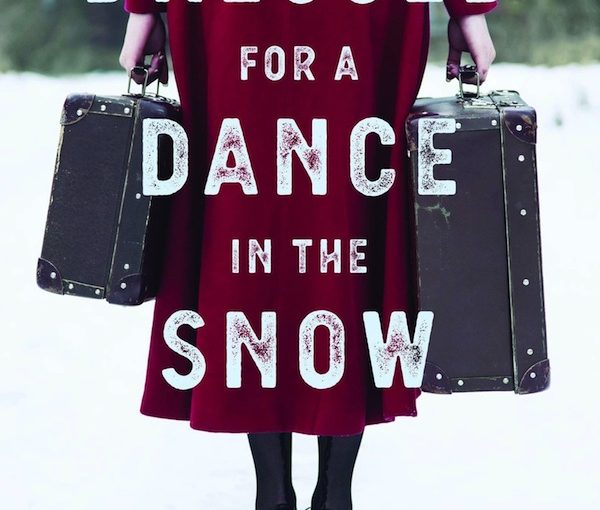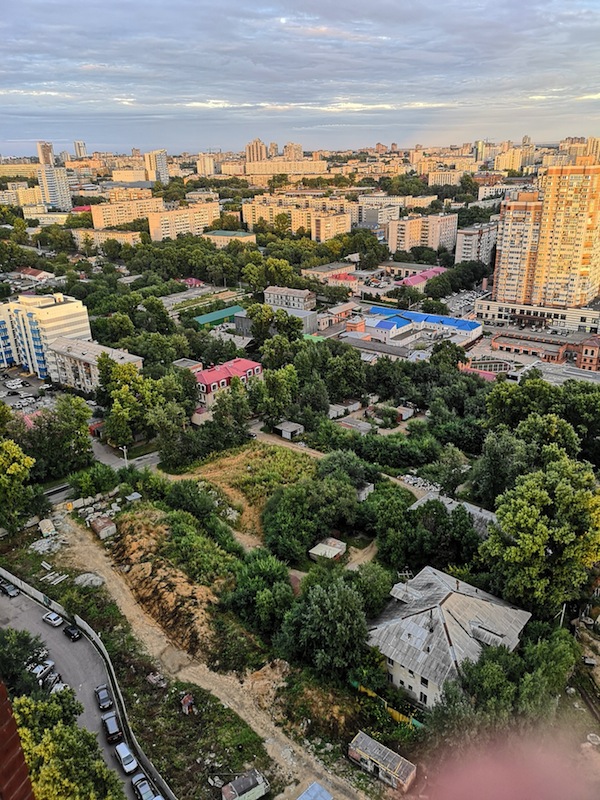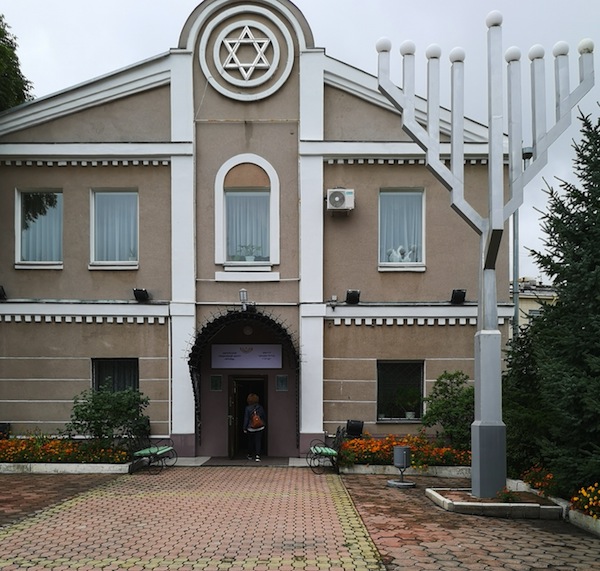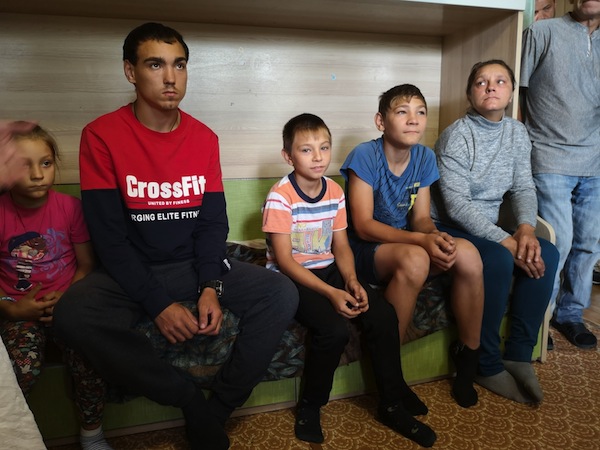Dressed for a Dance in the Snow: Women’s Voices from the Gulag by Monika Zgustova (Other Press, 2020) is the first book to focus exclusively on women who lived in the Gulag. It is an intimate look at nine women, who shared their experiences with Zgustova. Regrettably, several of them passed away before the book was published.
The word Gulag is the acronym for Main Administration of Camps (in Russian), which was the government agency in charge of the former Soviet Union’s forced-labour camp system, which started under Vladimir Lenin. The system continued through Joseph Stalin’s rule and the term is also used to refer to any forced-labour camp in the former Soviet Union, including camps that existed in post-Stalin times. The camps housed a wide range of people, from actual criminals to political prisoners.
Zgustova was born in Prague. In the 1970s, her parents took her and her brother on a trip to India. Instead of returning to Prague, they went to the United States, where she studied at the University of Illinois and the University of Chicago. She taught Russian in several American universities before moving to Barcelona, where she works as a writer and translator.
The book’s translator is Julie Jones, who is a professor emeritus of Spanish at the University of New Orleans.
In 2008, Zgustova traveled to Moscow, learned about the women of the Gulag and decided to interview some of them. To do this, she also traveled to Paris and London.
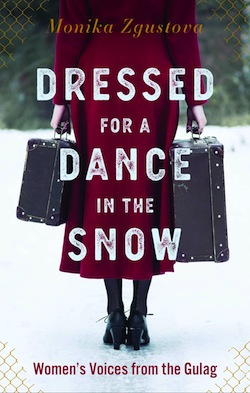 Zgustova writes in the book’s introduction that she wants her readers to learn about the Gulag “through the stories of the nine intelligent, sensitive and strong women [she] had the honour of interviewing.”
Zgustova writes in the book’s introduction that she wants her readers to learn about the Gulag “through the stories of the nine intelligent, sensitive and strong women [she] had the honour of interviewing.”
“What these women found in the Gulag was their hierarchy of values, at the top of which were books and invulnerable, selfless friendship,” writes Zgustova.
Zayara Vesyolaya, her sister and their friends were celebrating her sister’s successful thesis defence in 1940, when Vesyolaya was arrested, imprisoned and sent to Siberia. The people there would compose and memorize poetry and recite it at night to develop their minds through literature.
Susanna Pechuro was sentenced to 25 years in a forced labour camp for ostensibly belonging to a group of Jewish dissidents. She was in 11 prisons and seven work camps.
Ella Markman was part of an anti-Stalin group and sentenced to forced labour in the mines of the Arctic Circle.
Elena Korybut-Daszkiewica came from a Polish family, spent the war in Ukraine but was arrested as a collaborator and sent to work in the mines above the Arctic Circle, where she kept a Pushkin book that was passed from person to person.
Valentina Iyevleva was imprisoned after having an affair with an American and having his daughter.
Natalie Gorbanevskaya was arrested and sent to a psychiatric hospital because she went to a demonstration and was a well-known dissident.
Janina Misik, a Polish woman with a half-Jewish father, was sent to a work camp.
Gayla Safonova was born in a labour camp and raised there.
Irina Emelyanova is one of the most interesting of the women interviewed for the book, and the best known. Her mother was Boris Pasternak’s last love and the inspiration for Lara in Doctor Zhivago. She and her mother were sent to the Gulag after Pasternak’s death because of their connections to him.
Each woman’s story is moving and the theme running through all the oral histories is their strength in surviving. Zgustova also includes their struggles after their release. It is a remarkable book to read.
Sybil Kaplan is a journalist, lecturer, book reviewer and food writer in Jerusalem. She created and leads the weekly English-language Shuk Walks in Machane Yehuda, she has compiled and edited nine kosher cookbooks, and is the author of Witness to History: Ten Years as a Woman Journalist in Israel.

